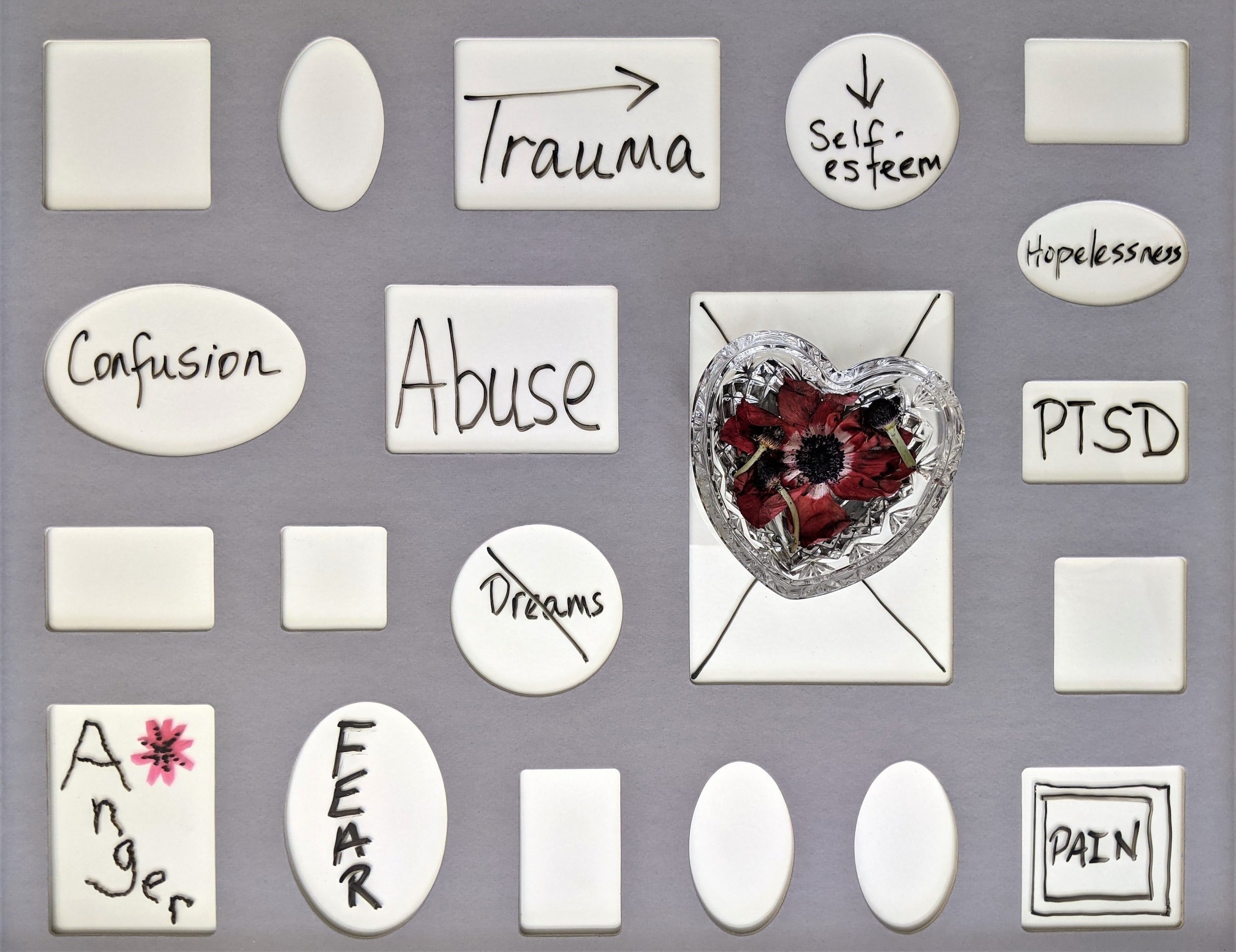
Trauma/PTSD
Trauma/PTSD:
Disturbed emotional reaction to event(s) involving significant stress and/or fear of death or injury.
Caused by difficulties processing emotions about the event(s), often due to previous emotional vulnerabilities.
Triggered by traumatic events.
Leads to symptoms (anxiety, depression, addiction) and impairments in functioning and relationships (fear, avoidance, isolation).
Cured by processing feelings about the traumatic events, as well as the underlying emotional vulnerabilities.
Imagine you’re an athlete.
You’ve trained for your sport. You’ve practiced your skills.
On game day, you feel good. You don’t expect anything to go wrong.
But when you plant your foot to make a move, your knee completely gives out.
It moves in a way it wasn’t designed to move, and the pain is immense.
You know immediately that you’re in for a long recovery.
This is what happens with emotional injuries.
It’s not just a tweak you can shake off.
You can’t just push through. Or if you do, you know it’s just going to get worse.
The pain and shock is devastating. The trauma has overwhelmed your ability to cope.
You feel broken. And you know it’s going to be a long road until you feel like yourself again.
Types/Examples of trauma:
Acute - a single traumatic event
car accident
assault
natural disaster
sudden loss
Chronic - repeated exposure to a type of trauma
bullying
domestic violence
Complex - prolonged exposure to multiple types of trauma, often invasive, coercive, and interpersonal
chronic neglect or abandonment
sexual abuse
torture
Symptoms include:
Anxiety and/or depression
Hyper-vigilance and/or easily startled (feeling “on edge”)
Re-experiencing/flashbacks (intrusive memories or images)
Relational fear or isolation
Emotional avoidance or numbing
Addiction (in attempt to cope)
Somatic issues/body pain
Disruptions in perception/sensation or the ability to think clearly
Common associated diagnoses:
Post-Traumatic Stress Disorder
Acute Stress Disorder
Adjustment Disorder
Reactive Attachment Disorder
Disinhibited Social Engagement Disorder
Other Trauma- and Stressor-Related Disorders
So what can we do?
At EmotionFit, we assess the emotional impact of traumatic events and guide you through processing any unresolved or blocked emotions causing symptoms and keeping you stuck. Whether you need Therapy near me, Counseling near me, or are looking for a Psychologist Encinitas, we are here to help.
Is it my ACL? PCL? Meniscus?
First, we diagnosis the nature of your emotional injury.
For example, you may have been able to process grief about being abused. But your anger has been stuck, or getting internalized.
Then, we identify the specific steps you need to take to overcome blocks and process your emotions.
For example, we show you what a healthy response of anger looks like and how to process those emotions in your body to eliminate symptoms and allow your body and mind to move on.
Often, this even becomes the first step to truly experiencing forgiveness and being able to let go.
So you can not only overcome symptoms, but also grow in your ability to love.
One more note on the process.
Sometimes, traumatic events are severe enough to cause emotional injury on their own.
But many times, emotional injuries occur due to underlying emotional vulnerabilities, often caused by unresolved traumas from the past.
It’s like hitting your head after a series of concussions. On its own, it might not cause lasting symptoms. But when added on top of the previous concussions, it leads to a significant setback.
So, as needed, we also help you identify and heal from past traumas that left you vulnerable to having subsequent traumatic reactions.
This way, you can actually feel even better than you did before the more recent trauma occurred. And you’ll be more protected from emotional injury again if another traumatic event occurs.
Services available in-person in Encinitas, or online throughout California.
Don’t stay held back by your traumatic past.
Contact a therapist and start feeling better today.
And for a FREE home program with detailed exercises and instructions on how to identify your triggers and process your emotions, check out our emotional fitness program.
Trauma/PTSD Specialists
Bernadette Dardaine, MA, AMFT
Specializing in Addiction, Depression, Anxiety, Trauma, Anger Management





